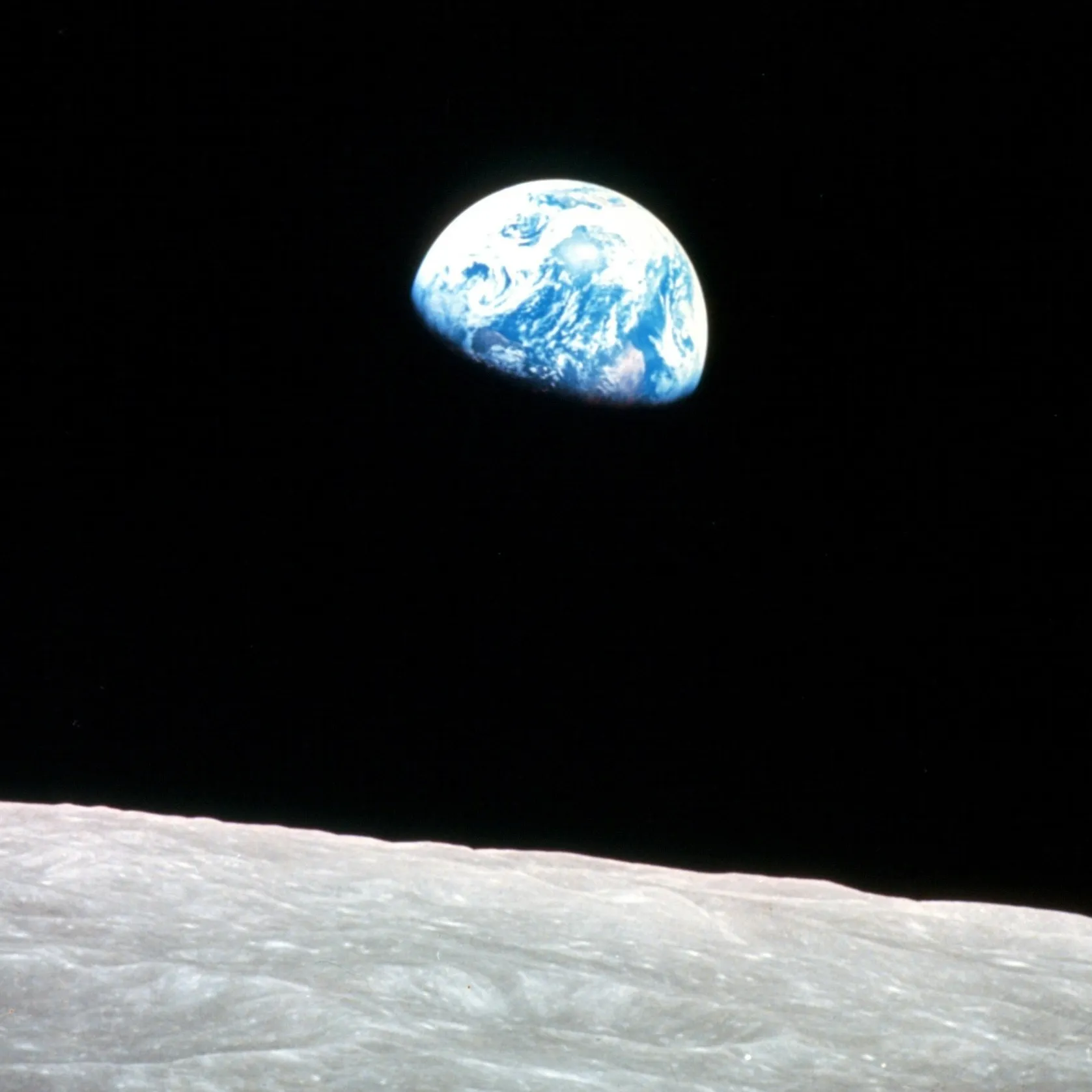Foundation and Earth (Foundation #7)
Isaac Asimov

I’m glad to report that my journey with Isaac Asimov’s Foundation series is ending on a positive note. I wasn’t a fan of the previous entry, so I was a little worried about Foundation and Earth. Fortunately, I thought it was a huge improvement. It’s a direct continuation from Foundation’s Edge, so in hindsight, it’s almost as if the previous book was all a setup for the truly compelling part of the story.
I didn’t like the messy parallel plotlines in Foundation’s Edge, and so the main thing I appreciated about this one was its focus on a single group of characters, who are embarking on a single quest. We have Trevize, a member of the Foundation who’s got the weight of the galaxy on his shoulders, and his best bud, Pelorat, a scholar and all-round chill guy. Pelorat’s romantic partner, Bliss, is also part of the crew, and it’s in this three-sided dynamic that I got most of my enjoyment. It’s surprisingly sweet and relatable, how Trevize distrusts Bliss, simply because she’s Pelorat’s new girlfriend, and he doesn’t want his pal to get hurt. Add to that the conflict between Trevize’s and Bliss’s viewpoints about the fate of the galaxy, and you have some real satisfying character development.
The book is by no means perfect… I think it could have used some editing, because the debates between Trevize and Bliss, while thematically relevant, often feel repetitive, hitting the same beats over and over again. And any time a new female character was introduced, I cringed in anticipation of the inevitable tasteless description of her body.
As for how this pair of sequels ties into the whole of the series, my reaction is a bit mixed. Since I read the prequels first (prequels which were written after this book), I kind of knew what the ultimate reveal was going to be. Spoilery thoughts ahead:
I’m pretty disappointed that the central concept of Hari Seldon’s psychohistory is basically discarded after the original trilogy. Seldon’s plan was supposed to be a prediction of how a thousand years of human history would play out, based on the behaviour of large populations. In the sequels and prequels, we find out that there is a single god-like entity pulling the strings the whole time. On the one hand, it’s cool that this one character is connected to Asimov’s other novels, creating a shared universe; but on the other hand, I would have really liked to have an answer to the question: did the Seldon Plan actually work? More to the point: did it matter?
